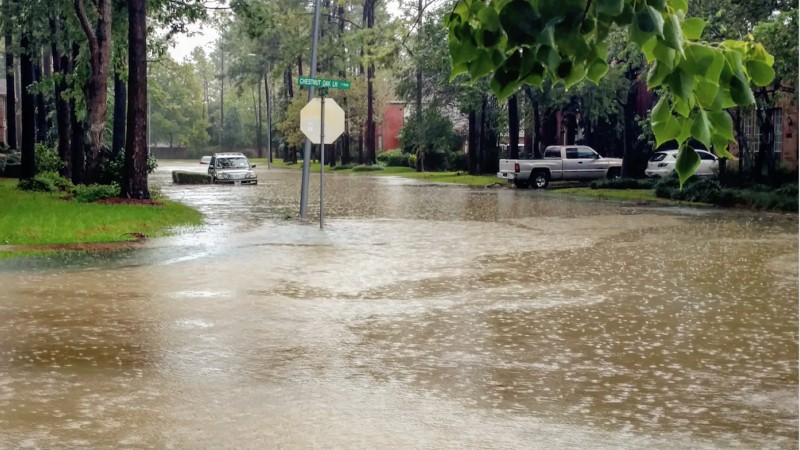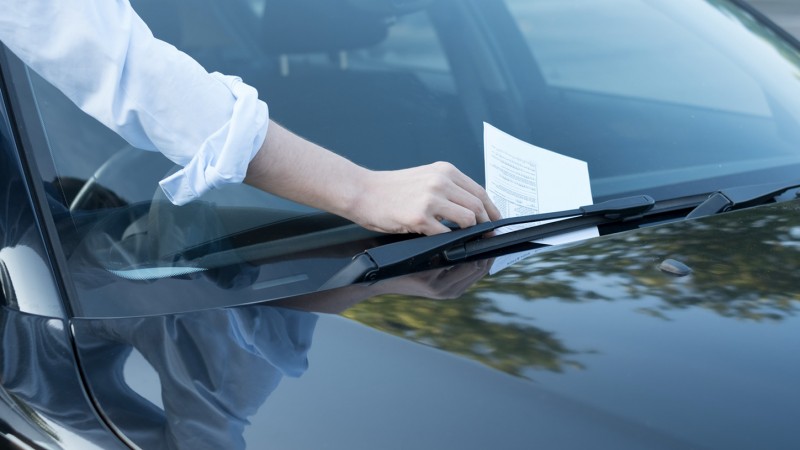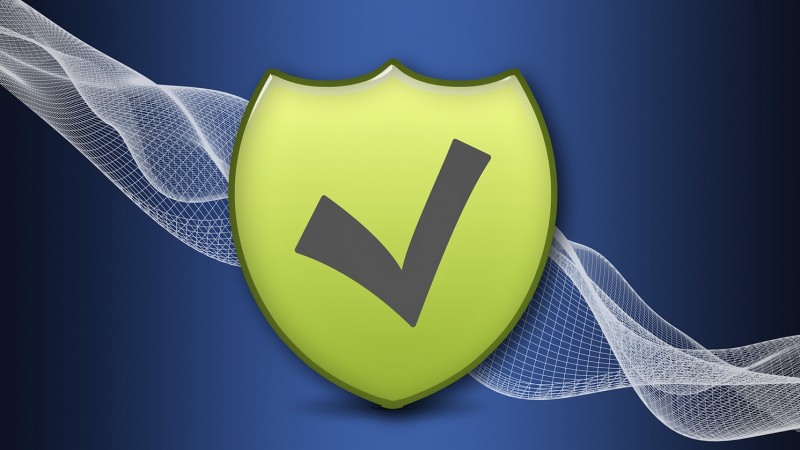What to Know about Disaster Scams
- Details
- Written by Will from Holland
- Category: Articles

Natural disasters, such as hurricanes, forest fires, and tornadoes happen all around us. Unfortunately, this is a prime opportunity for scammers, as they tend to follow every disaster, looking for opportunities to take advantage of those impacted by the disaster, or those willing to help those impacted.
When disaster strikes, it's important to keep your guard up to ensure you don't fall victim to scams.
When disaster strikes, it's important to keep your guard up to ensure you don't fall victim to scams. This article highlights information on common scams and tips for avoiding them.
Storm Damaged Vehicle Scams
After a storm hits, it is common to find vehicles that are damaged as a result of water or debris. Scammers love getting their hands on these vehicles so they can turn around and sell them as undamaged vehicles.
You may be wondering how scammers get ahold of these vehicles, and unfortunately, it's not that difficult. When a vehicle is damaged by a storm, insurance companies often sell them to wholesalers who will then ship them to locations away from the disaster area. This is where the scammers will then buy them from "resellers."
Keep this in mind: if you're buying a used car, or a new car called a "demo," be cautious and be sure to look the car over carefully. When looking the car over, look for any signs of water damage or other types of damage that is easy to hide. Consider the following tips while you're examining the car:
- The outside of the car:
- Check the bottom of the car. Be sure to look for water lines and any sign that the car was sitting in water.
- Look in and around the engine. You will want to look carefully at wiring connections. Do any of them look like they've shorted out?
- The inside of the car:
- Lift carpets, look under the front seats and the back seats. You are looking for any sign of a stained water line or mud.
- Check out the trunk and spare tire compartment. Are there water marks or any other signs of damage? Does the tire look like it's been in water?
Running a Vehicle Identification Number (VIN) Check
A VIN check can be an additional way to tell you if there has been reported damage on the car. The problem, however, is that you can't always count on it to tell you what you need to know. Unfortunately, VIN checks don't tell you anything about the mechanical and electrical worthiness of a car, which are more than likely the areas which are impacted by water and storm damage.
If you're concerned that a vehicle you are interested in is damaged, the biggest tip we could offer is to never buy a used vehicle without taking it to a mechanic. You'll want to make sure the mechanic has no connection with the seller. Let the mechanic know that you want the vehicle checked for any damage, including water damage. Please keep in mind that the chances of you buying a storm-damaged vehicle are small, but it is important to remain cautious to ensure you are protecting yourself and your wallet.
Insurance Disaster Scams
There have been instances where individuals receive a phone call, sometimes automated, saying that their insurance premium has gone up as a result of disaster in the area. The caller may even use the name of your insurance company. In an urgent voice, the caller tells you your insurance is being cancelled if you don't pay the premium increase right away.
So, what should you do if you get a call like this?
- Hang up!
- Remember, you don't ever want togive away your personal or financial information if you get a call like this.
- Call your insurance agent using a number you already have on file.
- Ask your agent's company if they made the call.
In other instances, people have received calls from an unknown person trying to get them to give information or money as a result of disaster. The same advice applies here, hang up! If you want to donate to help those impacted by disaster, we recommend you find your own charity of choice that you know and trust. If you do this, please be mindful of the following:
Charity Scams
Unfortunately, false charities tend to pop up after every disaster, as a way to trick people into giving them money.Beware of copycat charity names. Scammers often create websites that mimic legitimate sites. Just be sure to look carefully at the web address before you commit to anything.
Watch out for the middle man. There are some instances where charities may be brought to you via a middle man. In this case, the scammer keeps a large percentage of the donation. Even though this may be legit, the charity only gets some of the money.
Impersonator Scams
If you find yourself in the path of an upcoming disaster, be cautious of impersonators that try to trick you into thinking they are someone else. For example, an individual may contact you saying they are from FEMA or Homeland Security and will tell you to rush out of your house as disaster approaches. Here are tips on how to handle this situation:- Ask for identification from any person coming to your house.
- Check the internet, radio or television to see if mandatory evacuations are really in place for your area.
- Know that an official evacuation person will NEVER ask you for money, your Social Security number, or your banking information.
Disaster Job Scams
You need work, and see a great social media posting offering official Federal Emergency Management Agency disaster work, earning thousands per week. This sounds great, but it is important to keep in mind that FEMA doesn't work that way. The person responsible for the ad may be looking for you to send your personal and financial information, and money up front for registration. Avoid this scam. If you're looking for a job in disaster recovery, check out the official website for the job offering, in this case the FEMA website.
Email Disaster Scams
Similar to a lot of other scams, disaster scams can also be found online. Be sure to think twice before opening an email claiming to contain disaster photo's in an attachment, for instance. You probably were not expecting this email, or you do not know who the sender is. These emails could contain files that have viruses or malware.
For information on other disaster scams and tips, check our "Avoiding Disaster Related Scams" post.
I hope this information helps keep you and your personal and financial information safe. Please let me know if you know of other disaster related scams in your area.
Cheers, Will


































